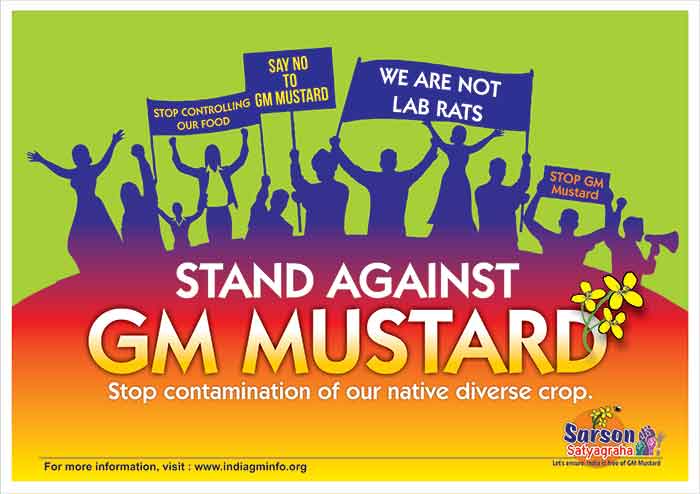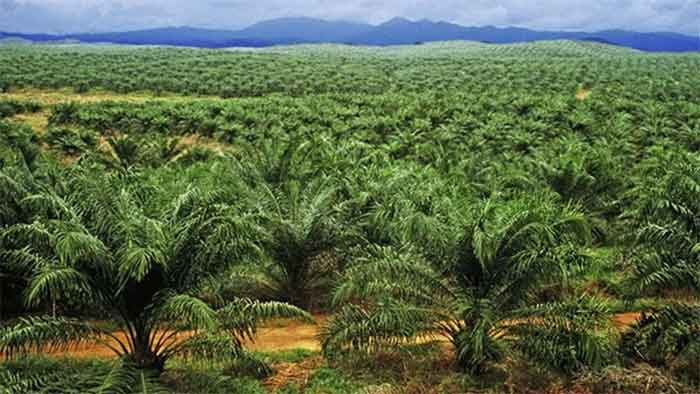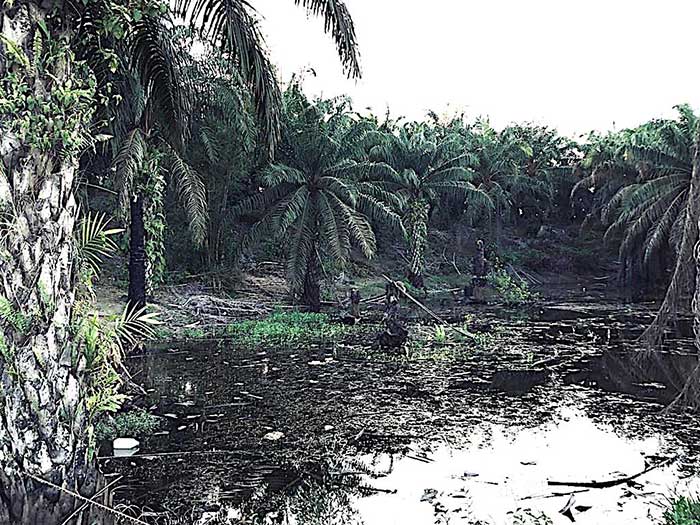
Recent reports indicate a sharp downward trend in the price of mustard, an important oilseed crop of India. The price in recent days at INR 5200 a quintal compared to the price of INR 7500 a quintal about two years back. This has been attributed largely to an increase in imports of edible oils, an increase of nearly 2.4 million tonnes in a single year. While farmers growing mustard in states like Madhya Pradesh, Rajasthan, Uttar Pradesh and elsewhere are understandably disappointed by this, in trade lines there is less enthusiasm now for what has been the preferred oilseed crop for many people in India, which in addition also provides much relished leafy vegetable and has highly valued medicinal uses as well.
If edible oil imports continue to increase, the problems of mustard oil farmers are likely to persist. Instead the government should invest much more resources in ensuring higher procurement of mustard crop at a better price.
What is more, the current distress of mustard farmers is also a pointer to a wider crisis for farmers of all traditional oilseeds in India including groundnuts, sesame, coconut and several minor oilseeds ( apart from mustard), related to the imports of cheaper edible oils. In addition a new source of threats is likely to appear in the form of increased domestic availability of palm oil. Despite its high ecological costs, the government appears determined to persist with plans to rapidly spread palm oil fruit tree plantations in India. If these plans succeed then cheaper availability of less healthy edible oil, imported as well as locally produced, will flood the Indian edible oil market, thereby further diminishing the prospects of the large number of farmers growing traditional oilseed crops (all of which have important diverse nutrition and health uses in addition to providing edible oils), who may start shifting to other crops, despite the fact that they have valuable skills in growing these traditional oilseed crops and their crop-patterns and rotations are well adapted to these crops.
As a result if within a decade or two India’s traditional oilseeds decline a lot, it will be difficult to recover from this setback. This will also adversely affect the the availability of oilcakes for dairy and farm animals. This will be a very big loss for agriculture, animal husbandry, nutrition and health.
In addition the government has been trying its best to promote the spread of genetically modified (GM) mustard crop varieties. This too can be very harmful for health as well as for agriculture and environment keeping in view the several serious and well-known adverse aspects and impacts of GM crops.
Hence this is a time to seriously consider and monitor the changes taking place in the oilseeds and edible oils sector so that the interests of farmers can be protected along with health, nutrition and environment. It is important to take corrective actions before it is too late. The present big push for palm oil may cause disruption at two levels—in places where highly water-intensive palm oil fruit plantations are imposed at the cost of local biodiversity and secondly at the level of farmers growing traditional oilseed crops elsewhere.
Bharat Dogra is Honorary Convener, Campaign to Save Earth Now. His recent books include ‘India’s Quest for Sustainable Farming and Healthy Food’, ‘Man over Machine’ and ‘A Day in 2071’.













































